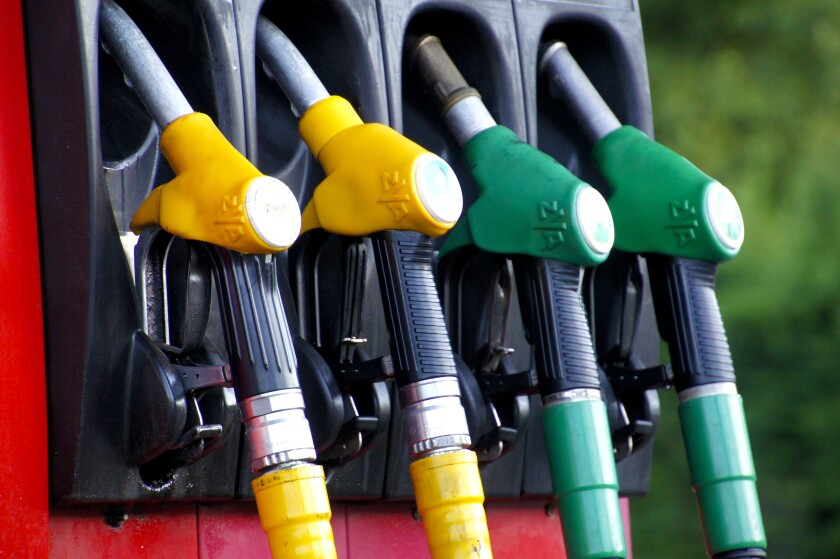Currently, transactions related to liquid and gaseous fuels are subjected to the State VAT (ICMS) Tax Substitution System (ICMS-ST). Under this system, the ICMS related to all the transactions carried out in the fuel supply chain, up to the end consumer, is withheld and paid by the oil refinery, and thus no other reseller calculates such tax. ICMS-ST is calculated by applying the ICMS rate on the estimated price of the products at the end of the commercial chain, adopting the weighted average price to the final consumer, disclosed by the tax authorities.
Last year, with the worldwide fuel price increase, the Brazilian Federal Government tried to reduce the tax on fuel transactions. Federal taxes were reduced to zero; and, for ICMS purposes, Supplementary Law 192/2022 recognised fuels as essential products. This meant their taxation could not be higher than general operations (18% to 20%). In view of that, some states temporarily reduced the ICMS to 18% and other states started a discussion over the restrictions made by the Federal Government.
Furthermore, Supplementary Law 192/2022 changed the general ICMS rules. It established the ICMS single phase levy for transactions with liquid and gaseous fuels, such as gasoline, anhydrous ethanol, diesel, biodiesel, and liquefied petroleum gas (LPG), including natural gas, and determined a uniform rate applicable in the domestic territory.
In December 2022, to adjust the ICMS legislation to the Supplementary Law, the Brazilian states signed ICMS Convention 199, to regulate the single-phase ICMS levy over transactions with diesel, biodiesel, liquefied petroleum gas (LPG), and natural gas. Under these regulations, these fuels will be subject to fixed rates of R$0.9456 on transactions for diesel and biodiesel, and R$1.2571 for LPG and natural gas.
Notwithstanding the establishment of fixed rates, in interstate transactions the ICMS Convention determines that such tax be divided between the state of origin and the state of destination. These are in fixed percentages varying between 22.22% and 66.67% to the state of origin and between 33.33% and 77.78% to the state of destination, according to the product, its origin and destination.
Finally, on March 28, ICMS Convention No. 11 was published, regulating the single-phase levy of the tax on transactions with gasoline and anhydrous ethanol. The Convention established fixed rates of R$1.4527 per litre of gasoline and anhydrous ethanol.
Regarding gasoline and anhydrous ethanol, ICMS Convention No. 11 also provides for the division of ICMS between the states of origin and destination, according to the product marketed, origin and destination.
Despite the Federal Government’s efforts to reduce the taxes over fuel transactions, the agreements reached by the states determining fixed rates ended up increasing the tax burden to the same level as the current ICMS-ST regime.
The states will regulate the new ICMS payment regime in each state. It should be noted that this new regime applicable to diesel, biodiesel, LPG and natural gas will come into effect from May 1 2023, and to gasoline and anhydrous ethanol from July 1 2023.













